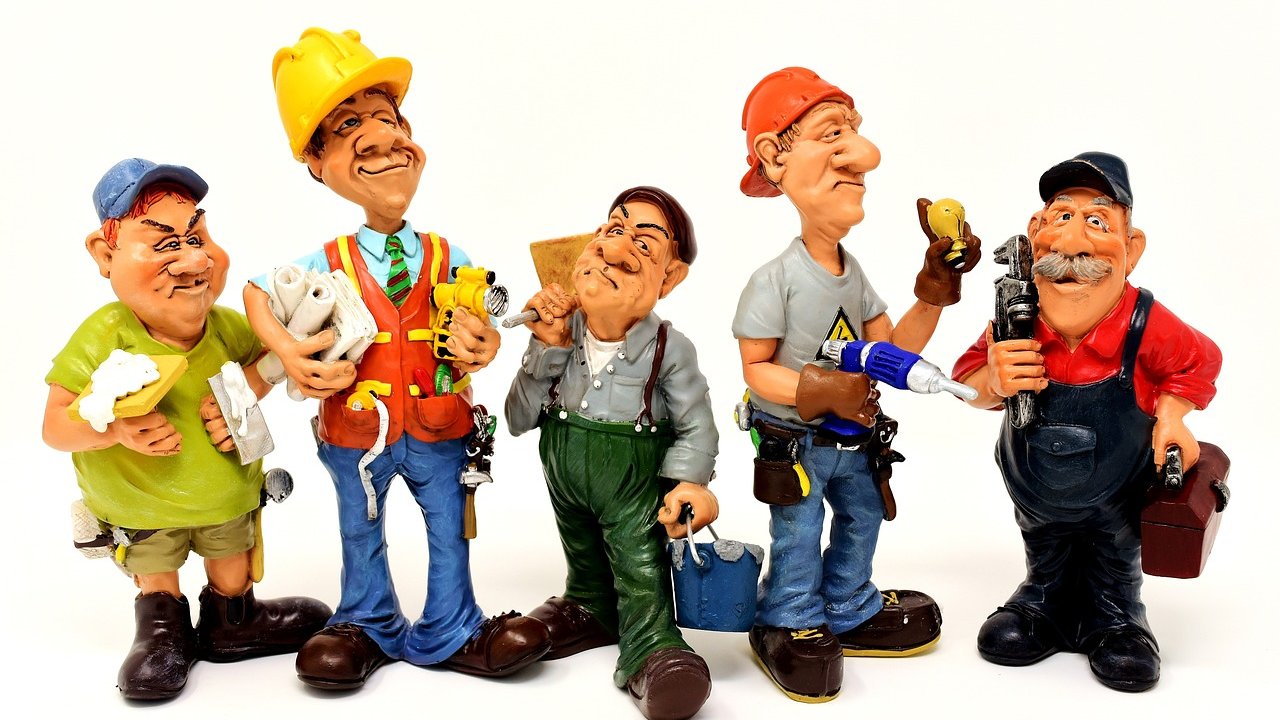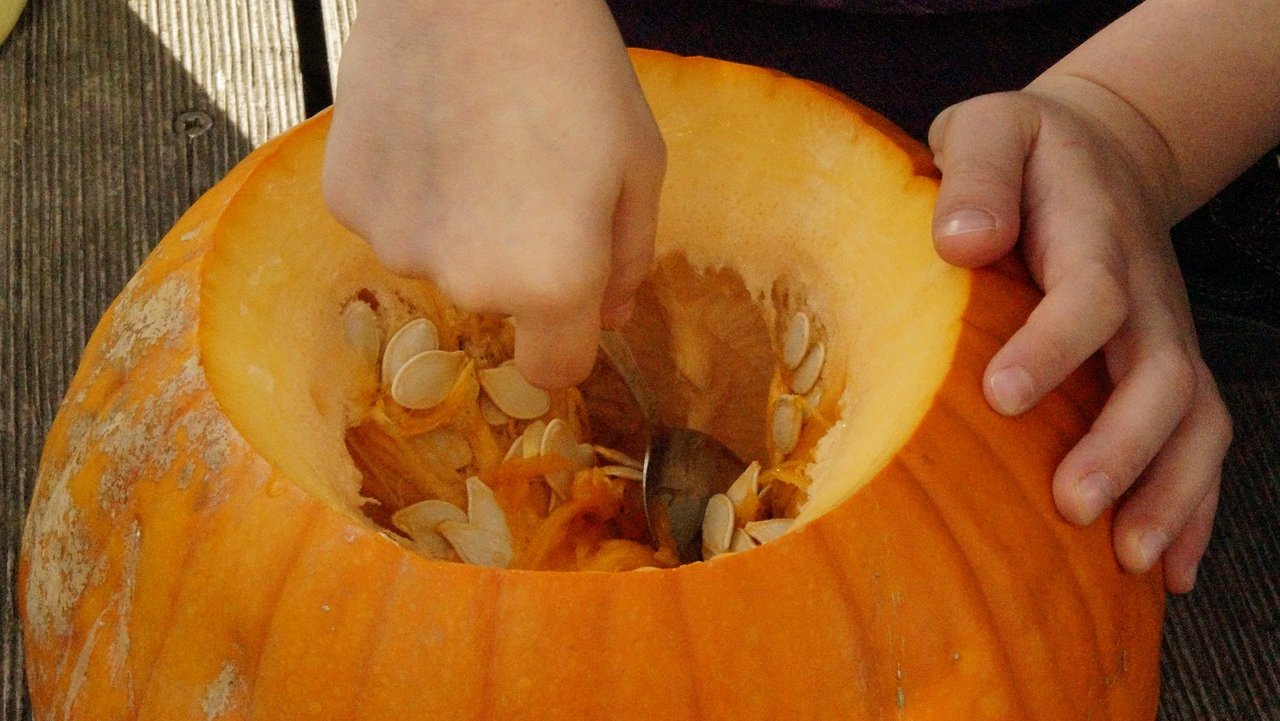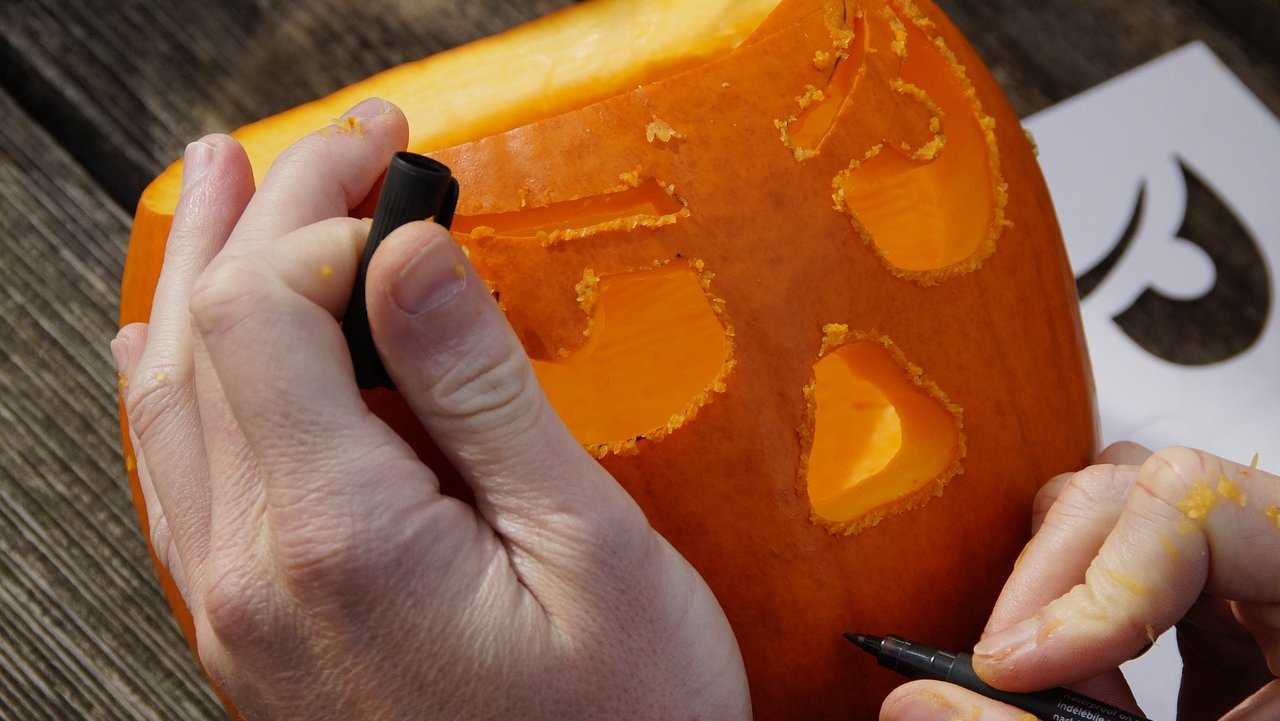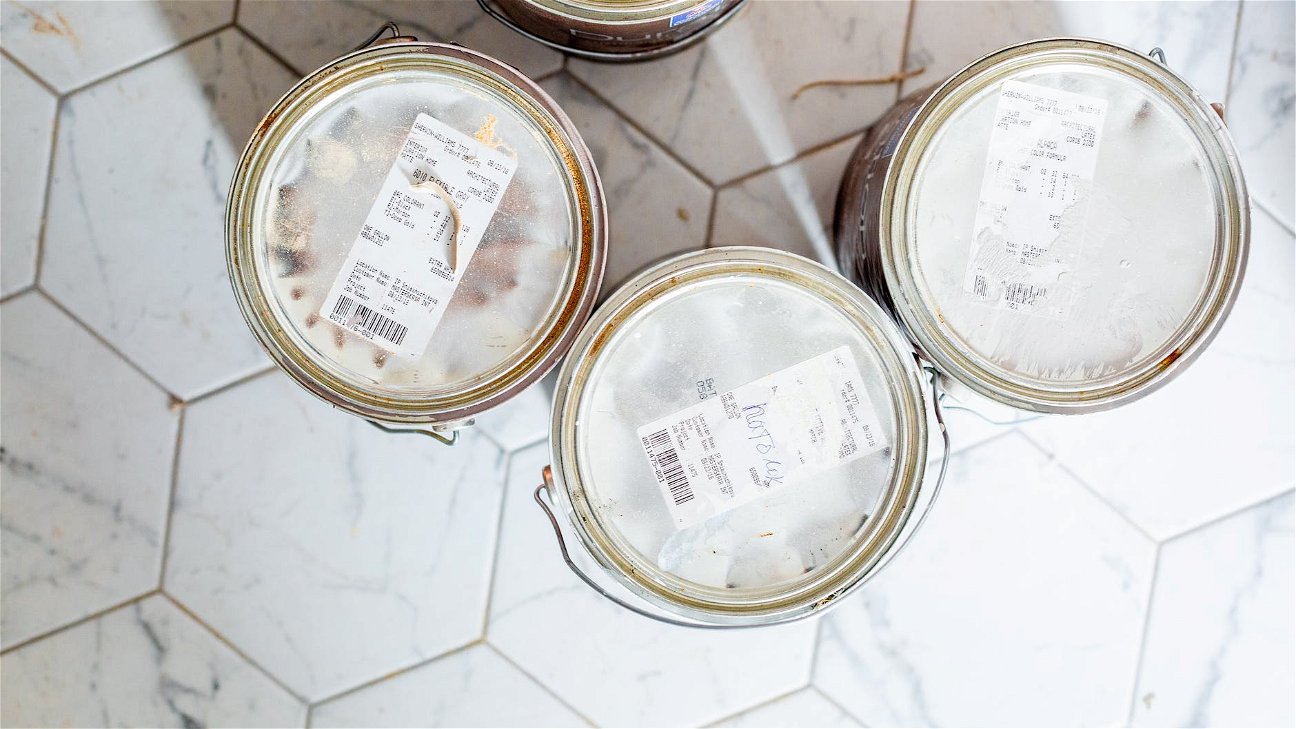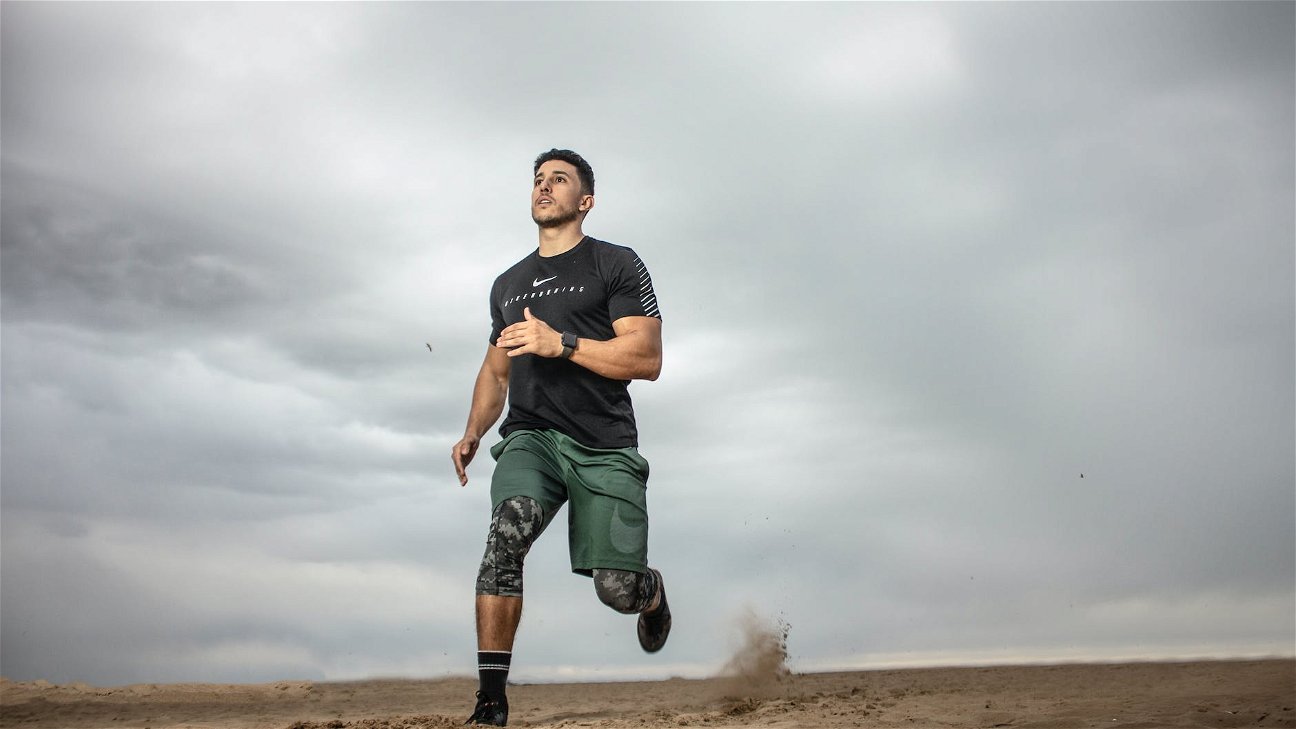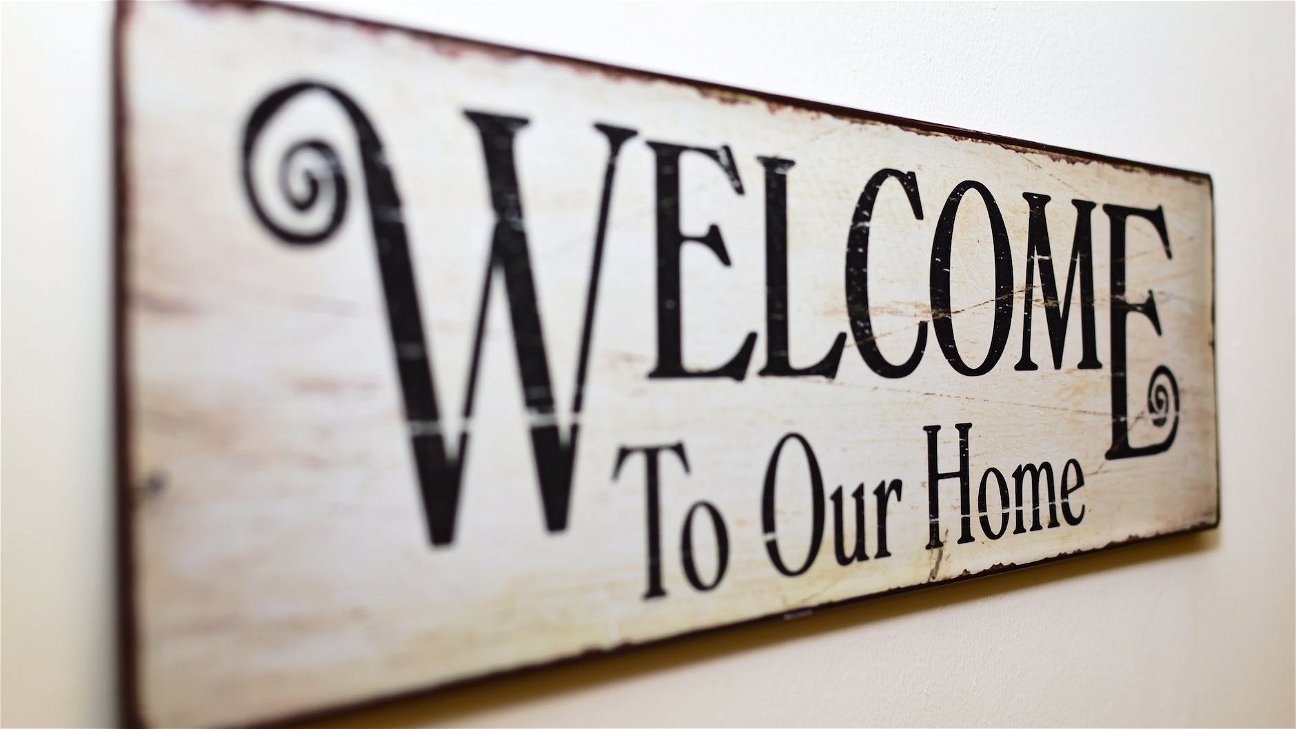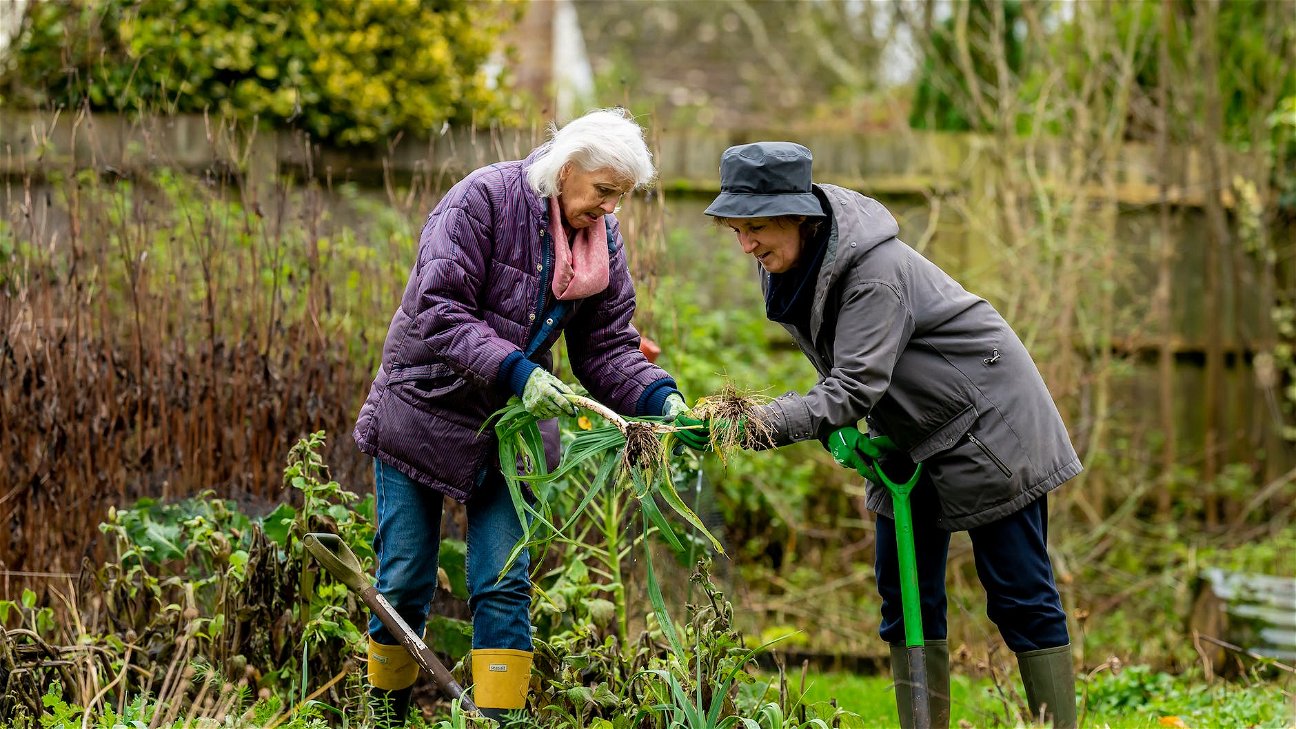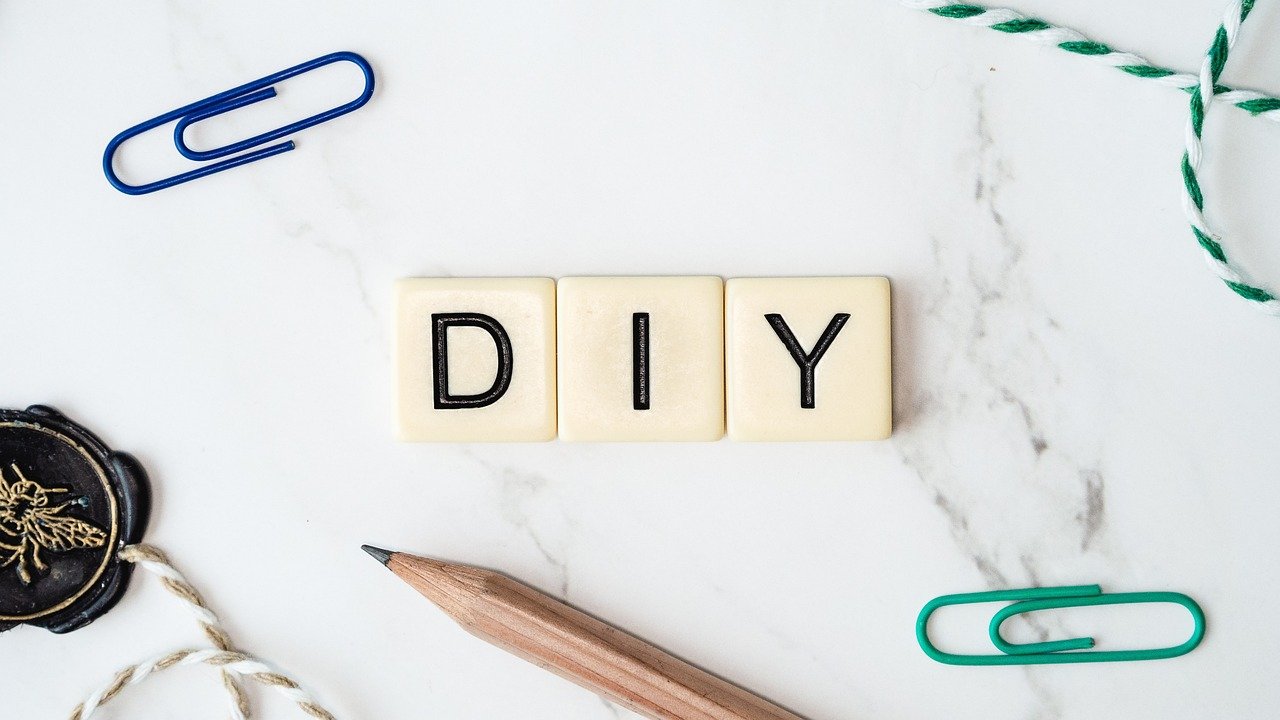
DIY home improvements are an excellent way to add value to your property and save money. However, while handling these tasks, it's crucial to follow certain safety measures. This article will walk you through five essential safety tips to ensure your DIY projects go smoothly and safely.
Safety tip 1: Use the right tools
The first step to ensuring safety during DIY projects is to use the right tools. Using inappropriate tools can lead to accidents and injuries. Always make sure you have the correct tool for the task at hand and that you're using it correctly. This might involve some research, especially if it's a tool you've never used before.
Safety tip 2: Wear protective gear
When embarking on a DIY project, make sure you have the necessary protective gear. This can include safety glasses or goggles, gloves, and a hard hat. It's also a good idea to wear sturdy shoes to protect your feet from potential falling objects.
Safety tip 3: Keep your workspace clean and organized
A cluttered workspace can be a hazard. Always make sure you keep your workspace clean and organized to prevent accidents. This means putting tools away when not in use, wiping up spills immediately, and keeping walkways clear.
Safety tip 4: Be aware of your surroundings
Awareness of your surroundings can go a long way in preventing accidents. Pay attention to potential hazards, like loose wires or slippery floors. Also, make sure you're aware of others in your vicinity to avoid accidents.
Safety tip 5: Take regular breaks
DIY projects can be tiring, and fatigue can lead to carelessness. So, it's important to take regular breaks. This will help keep your energy levels up and ensure you're always at your best when working on your project.
In addition to these tips, let's take a look at some essential safety tools that you should have on hand when undertaking DIY projects:
Remember, safety should always come first when doing DIY home improvements. By following these tips and using the right safety equipment, you can ensure that your projects are completed safely and successfully.
